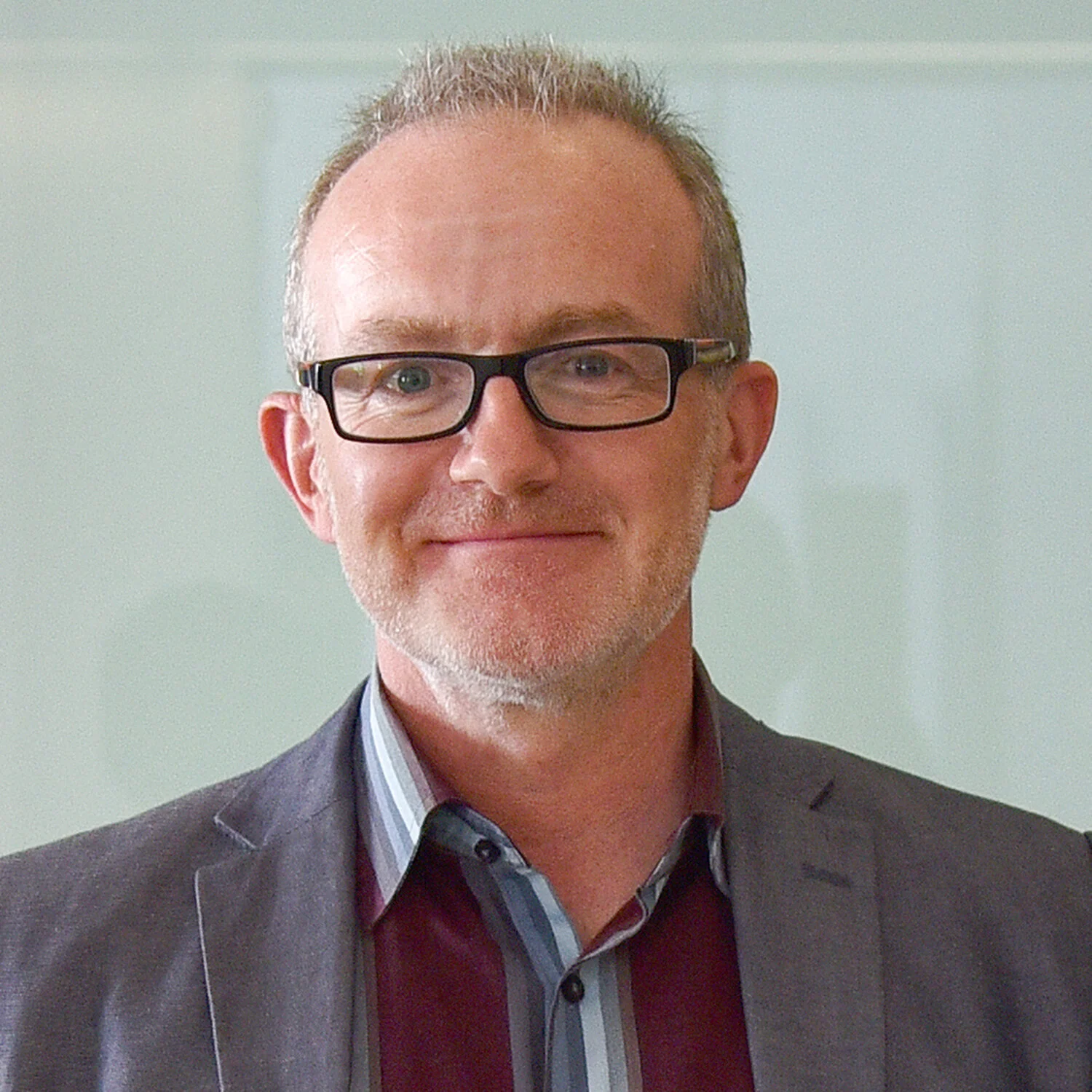Fall 2021 Series…coming soon
Fall 2021 Series…coming soon
Fall 2021 Series…coming soon
TLL Spring 2021 Webinar Series
Think You Don’t Have Biases? Think Again
Dr. Tanya De Mello, LL.B
April 8, 2021 2:00 to 3:30 PM
How do we create a more inclusive community in our work place, social institutions and communities? Research shows that a 'sense of belonging' is key to success. Feeling like you belong, knowing that you will be included - matters. How do we achieve this sense of community and belonging? What may we be doing that hinders it?
This session will examine some of the ways in which we consciously and unconsciously include/exclude others. Participants will better understand some of the biases they may be holding that affects their decisions, their friend-groups and where they choose to volunteer, who we have lunch with, where we vacation and where we choose to live. This will be an introspective and challenging session.
You will not leave with a sheet of answers and how to’s but you will leave with an understanding of:
unconscious bias, gender bias and racial bias
how we make choices, and
how we select strategies for tackling unconscious bias
Dr. Tanya (Toni) De Mello, LL.B., has a background in finance, management consulting and law. She has spent much of her career focusing on and researching, unconscious bias. She is a human rights lawyer and a certified coach and mediator. In her current role, she teaches at Ryerson University and was the Director of Human Rights there for four years. She is currently opening Canada's newest law school at Ryerson as Assistant Dean of Students.
In addition to founding two NGOs, Tanya has served in the United Nations High Commission for Refugees and the World Food Programme in Geneva (Switzerland), Senegal (West Africa) and Colombia (South America). Tanya holds a dual Bachelor of Economics and Political Science from the University of Waterloo; a double Master in Public Policy and Urban and Regional Planning from Princeton University; and a dual law degree from McGill University.
She recently completed her PhD at the University of Toronto on bias in interviews.
How a Global Pandemic Could Save Our Cities
Christopher Hume
April 15th, 2021 2:00-3:30 PM
Former Toronto Star urban affairs columnist, Christopher Hume, looks at how Covid-19 has changed our relationship to the towns and cities in which we live.
Despite the devastation inflicted on municipal coffers, in urban centres around the world streets are being reclaimed from cars and trucks, parks are being used more heavily than ever and pedestrians and bicyclists are enjoying unprecedented freedom of movement.
Urban administrations are also focusing on ideas such as “the 15-minute city,” which reimagines communities as places where daily necessities are located in dense, more walkable neighbourhoods.
Using examples from Paris and Barcelona to New York and, yes, Toronto, Hume examines how the virus could improve the lives of city dwellers.
Christopher Hume was the long-time architecture critic and urban issues columnist of the Toronto Star. During his years at the paper, he was nominated six times for a National Newspaper Award, Canada’s highest award in print journalism, and won an NNA in 2009. That same year, the Royal Architectural Institute of Canada gave Hume its President’s Award for Architectural Journalism.
His book, William James’ Toronto Views, won a Toronto Heritage Award in 2000 and in 2004 he received a Landscape Ontario award. Hume was named Toronto’s best newspaper columnist by NOW magazine in 2005 and Eye magazine in 2006. In 2009, Hume hosted and wrote a one-hour special about Canadian cities for CBC TV’s flagship series, The Nature of Things. Ryerson University presented Hume with an honorary doctorate in 2014. Born in the UK in 1951, he came to Canada seven years later. He was educated at the University of Toronto and Glendon College. Known as a champion of cities and the arts, he lives in downtown Toronto.
Royalty in Popular Culture: Fact, Fiction and The Crown
Dr. Carolyn Harris
April 22, 2021 2:00 - 3:30 PM
Queen Elizabeth II has reigned for nearly 70 years and is one of the most recognizable public figures in the world.
Novelists, screenwriters and playwrights have imagined life behind palace doors, developing enduring myths about the everyday lives of royalty from Victorian times to the present day.
We will discuss key examples of royalty in popular culture including the Victoria series on PBS and The Crown on Netflix and separate fact from fiction in these dramatizations of royal life
Carolyn Harris, Ph.D, is an instructor in history at the University of Toronto School of Continuing Studies. She received her Ph.D in European history from Queen’s University in 2012.
Her writing concerning the history of monarchy in the UK., Europe, and Canada has appeared in numerous publications including the Globe and Mail, Ottawa Citizen, Smithsonian Magazine and the BBC History Magazine, and she is the author of 3 books: Magna Carta and Its Gifts to Canada, Queenship and Revolution in Early Modern Europe: Henrietta Maria and Marie Antoinette and Raising Royalty: 1000 Years of Royal Parenting. She lives in Toronto.
China, a Power to be Reckoned With
Dr. Diana Fu
April 29, 2021 2:00-3:30 PM
China is an indisputable global power today. How did China transform from a poor, developing country to a nation of “wolf warriors” on the world stage? How ought we to read the tea leaves of Chinese politics under Xi Jinping?
As Canada navigates one of the thorniest periods in its relationship with China, it is imperative to take a deep dive into China’s domestic politics. This lecture will take you there.
Dr. Diana Fu is an associate professor of political science at the University of Toronto and director of the East Asia Seminar Series at the Asian Institute, Munk School of Global Affairs and Public Policy.
She holds a D.Phil. in Politics and an M.Phil. in Development Studies with distinction from Oxford University, where she studied as a Rhodes Scholar. She is currently serving as National Co-secretary of the Rhodes Scholarship for China.
Her research examines popular contention, state control, civil society, and authoritarian citizenship, with a focus on contemporary China.
She is the author of the award-winning book “Mobilizing Without the Masses: Control and Contention in China” written in 2018. Dr. Fu’s research and commentary on Chinese politics have appeared in numerous media outlets, including BBC World Service, The New York Times, Globe and Mail and The Economist. She was a television host and scriptwriter for the TVO documentary series, “China Here and Now.”
She enjoys Latin dance and creative writing.
Sleep and the Rhythm of Life
Why we and other living things sleep and the powerful influence of the body clock
Dr. Richard Horner
May 6, 2021 2:00 - 3:30 PM
Human brains are stunningly complex examples of biological machinery, and they have a peculiar property. Our brains shut themselves off from the outside world each and every day, for hours on end. Why?
This presentation identifies why sleep exists in us and other living things and informs the need to prioritize sleep health in society.
We also identify that all living things on the planet are hardwired for daily (‘circadian’) rhythms of rest and activity. Our conditions of living, however, can trick our natural biology and disrupt sleep. Appreciating our biology informs additional discussion of broader sleep issues and health.
Richard L. Horner, PhD, FCAHS is the Canada Research Chair in sleep science, Professor of Medicine and of Physiology at the University of Toronto, and elected Fellow of the Canadian Academy of Health Sciences. Professor Horner’s research identifies brain mechanisms of sleep, sedation and anesthesia, and their impact on vital functions such as breathing.
He has authored over a hundred research papers on sleep science and the book The Universal Pastime: Sleep and Rest Explained. He regularly engages with the media (radio, television and print) on sleep health. Richard leads undergraduate and graduate teaching on sleep science in the Faculty of Medicine at the University of Toronto.
He received his undergraduate and PhD in the UK (University of Sheffield, and University of London respectively) followed by research fellowships at the University of Toronto and University of Pennsylvania, prior to taking up his faculty position at the University of Toronto in 1997.
Critically Thinking About Conspiracy Theories
Dr. Christopher DiCarlo
May 13, 2021 2:00 - 3:30 PM
There has never been a time in history when we have seen such a proliferation of conspiracy theories. But why? And why now?
Unlike any other time in history, we are inundated with information from many sources of media. And we are racing to catch up to what is reliable, dependable, and true – all the while, feeling deep, emotional, attachments to our personal understanding of important issues.
To help us navigate our way through misinformation and conspiracy theories, we need to empower ourselves with the tools of the Critical Thinking skill set to make sense of it all.
Dr. Christopher DiCarlo is a philosopher, educator, and author. He is the Principal and Founder of Critical Thinking Solutions, a consulting business for individuals, corporations, and not-for-profits. He is also the Ethics Chair for the Canadian Mental Health Association.
Dr. DiCarlo is also a lifetime member of Humanist Canada and an Expert Advisor for the Centre for Inquiry Canada. He teaches at Ryerson University in The Life Institute and is a past Visiting Research Scholar at Harvard University.
Dr. DiCarlo has won several awards including TV Ontario’s Big Ideas Best Lecturer in Ontario Award and Canada’s Humanist of the Year. He has authored several books, the latest of which is entitled: So You Think You Can Think: Tools for Having Intelligent Discussions and Getting Along (Rowman and Littlefield). He is currently completing his latest work titled: How to Talk to a Conspiracy Theorist: A Field Guide.





